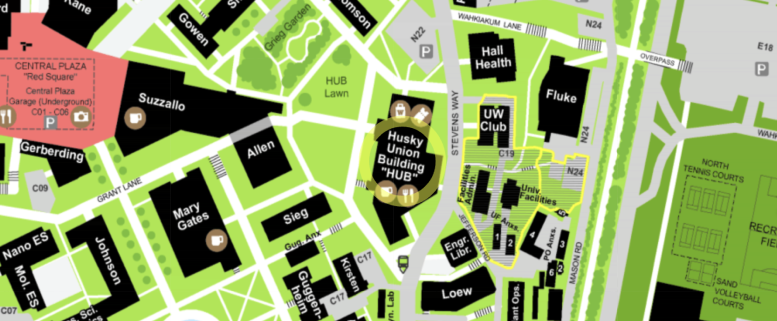XYZ Piezopositioner for Cryogenic Quantum Light Microscope in the Quantum Technologies Training and Testbed
Electrical and Computer Engineering
Requested:
$42,744
Status:
Accepted
Awarded:
$47,019
Abstract
The Quantum Technologies Training and Testbeds Lab (QT3) is a new laboratory focused on expanding access to quantum hardware, otherwise only accessible in specific research groups, if at all. It is a unique space which serves as a teaching laboratory and user facility and was recently highlighted in NSF Director Panchanathan’s visit to UW in April. An important tool under development is a Cryogenic Quantum Light Microscope (CQLM).The tool will combine spatially resolved probing at just 4 degrees above absolute zero with a 2 hour sample exchange time- making what would be formerly a dedicated single research laboratory tool into a user facility tool for expanded access. The CQLM is made possible by the generous gift of a commercial cryostat by Microsoft, augmented by a small NSF grant for the spectrometer, low temperature microscope objective, and customed machined mounts.The NSF grant is small and based off the assumption of the microscope also being supported through other funding sources and donations, i.e. an STF grant, the cryostat system being donated by Microsoft, etc. The microscope is being assembled and qualified late this spring and summer in preparation for it’s availability starting in Fall 2023. It will be utilized by UW research groups, including undergraduate researchers, and interdisciplinary classes. It will be maintained and used by work-study QT3 undergraduates. A final need in this diversity of support is funding for an XYZ-piezo positioner to complete the probing system. Without this positioner images cannot be obtained, only single point measurements.

